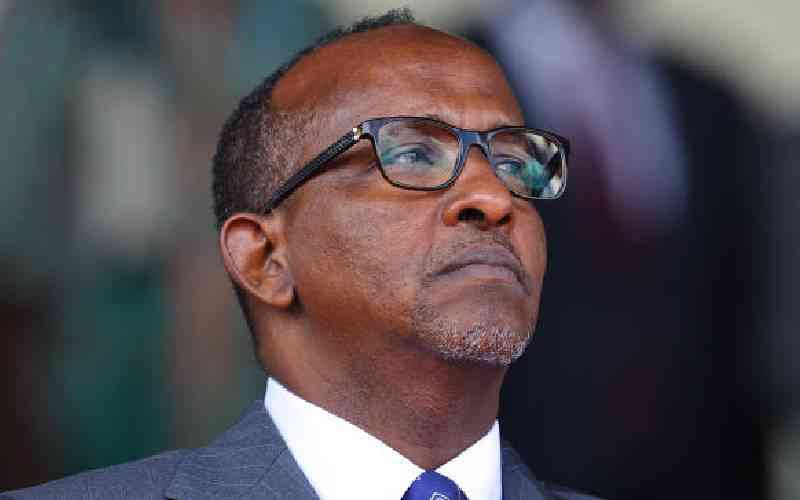×
The Standard e-Paper
Stay Informed, Even Offline

Defense Cabinet Secretary Aden Duale now says that there are no hidden conditions in the military cooperation agreements signed during President William Ruto's recent State Visit to the US.
During the visit, the US government committed to supplying Kenya with substantial military hardware, offering military training opportunities, and providing a Strategic Logistics Advisor to Kenya's Ministry of Defence, for the first time.